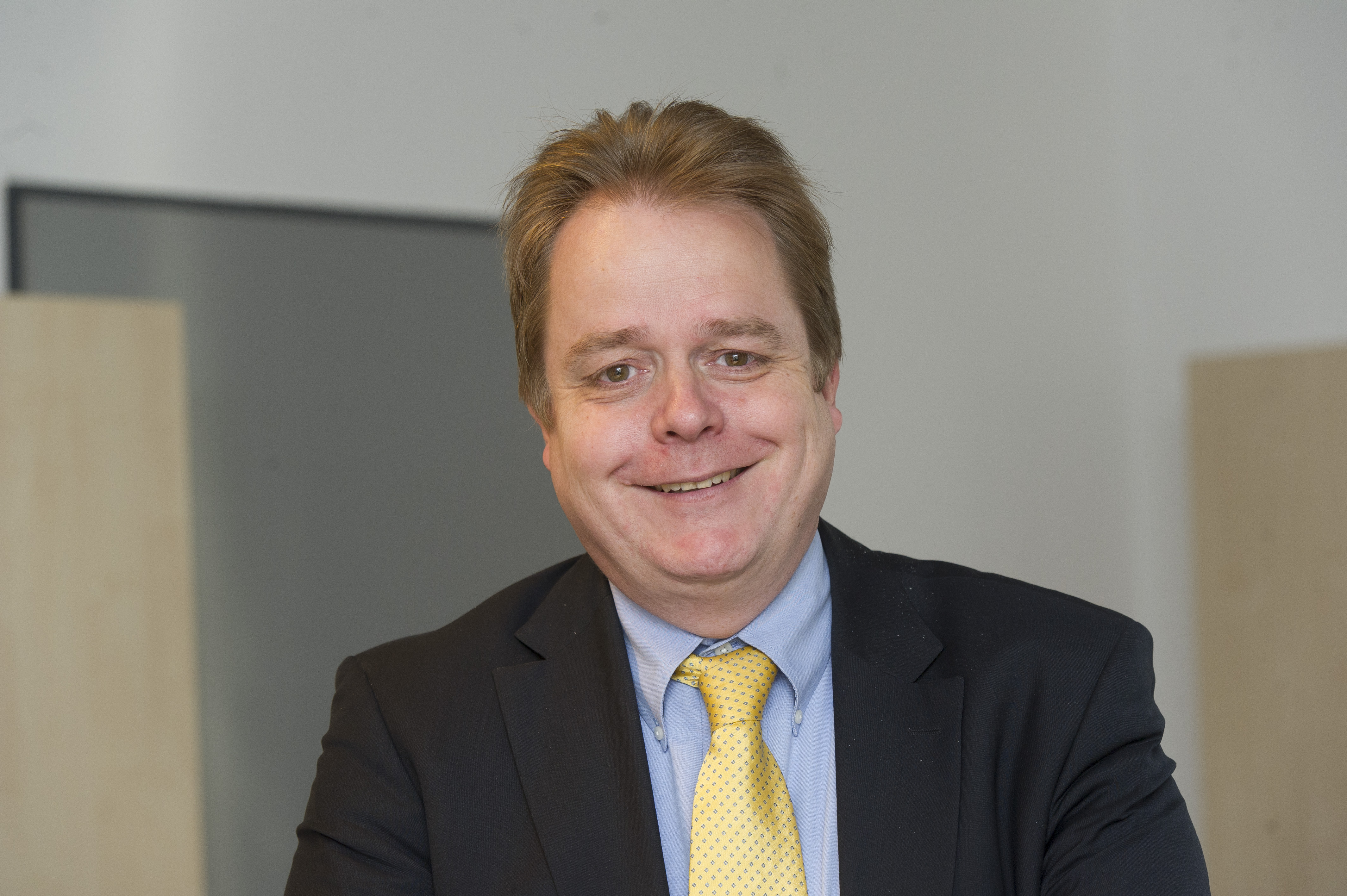A program called “Make it in Germany” is under way to attract skilled professionals from India, Indonesia and Vietnam to join in the German labor force.
Tuoi Tre News talked to Mr. Dominik Ziller, Head of the Directorate for Migration of the Deutsche Gesellschaft für Internationale Zusammenarbeit (GIZ) GmbH*, about why and how Germany wants to do this.
What are the reasons for Germany to carry out this “Make It In Germany” initiative?
Mr. Dominik Ziller: Changing demographics in Germany will result in a fall in the number of available qualified professionals. Even today, Germany is already falling short of its economic potential as a result of this lack of qualified professionals. The majority of German small and medium enterprises (SMEs) anticipate that it will become even more difficult to find suitable qualified professionals in the years ahead. There is already a perceptible fall in the numbers of available qualified professionals in the “STEM” (science, technology, engineering, maths) sectors. This is set to worsen and spread to further professions.
To address this problem, the German Federal Ministry of Economics and Technology (BMWi) joined forces with the Federal Ministry of Labour and Social Affairs (BMAS) and the Federal Employment Agency (BA) to start a “Qualified Professionals Initiative”. One aspect of the initiative involves addressing qualified professionals abroad who are interested in immigrating. The portals of “Make it in Germany” [www.make-it-in-germany.vn or www.make-it-in-germany.com] went online to provide comprehensive information about living and working in Germany, pinpoint the sectors which are seeking qualified professionals, and bring together available offers of advice and support.
Why do you choose Indonesia, India and Vietnam as the first three pilot countries?
These three countries are characterised not least by the fact that, as emerging economies, they have extensive potential resources of comparatively well-trained workers in relevant professions, whose qualification profiles are suitable for, or can quite easily be adapted to, the German labour market.
There are even universities and schools that in some fields of study teach according to German curricula, like the Vietnamese-German University in Ho Chi Minh City or the Hanoi University of Science and Technology (HUST). And with the Goethe-Institutes in Hanoi and Ho Chi Minh City as well as the German Centre at the HUST, there is also an infrastructure offering German language courses to the Vietnamese people. We have a similar landscape of institutions in India and Indonesia.
Furthermore, all three countries already pursue a progressive policy of labour migration; Viet Nam in particular is a country that is well-known for sending their workers abroad. One should not forget that Vietnam has had strong historical ties with former East Germany. Around the mid-1980s, more than 50,000 Vietnamese came to work or study in East Germany – per year! Nowadays, we still have a diaspora of some 100,000 Vietnamese people in Germany.
And last but not least, regarding the qualified professionals themselves, the prospect of working abroad constitutes an attractive opportunity for professional and personal development and for supporting their families in their country of origin.
“Make It In Germany” offers job opportunities in areas that coincide with the areas Vietnam crucially needs for its own development. What do you think about that?
While implementing the project, we are of course taking into account and are carefully weighing the interests of the countries of origin. There is, above all, the need to avoid a “brain drain”.
We have a great cooperation with the Department of Overseas Labour Affairs (DOLAB). The Vietnamese government is very open-minded and interested in their professionals gaining qualifications abroad, because they are aware of the manifold advantages that come along with it: the positive development policy effects created by migrants in their countries of origin are not limited to remittances – the money that is sent back to home countries – alone.
There is often a complementary effect when diaspora organisations get involved in development policy and design and finance smaller development projects. Depending on the respective profession, technology transfer also takes place.
The Indian nationals employed in the Silicon Valley and the software firms they and their families have founded are one impressive example of this. And not all migrants will stay in Germany forever. Those who return to their homelands sooner or later can generate economic value from the knowledge and skills acquired in Germany for both themselves and their countries of origin.
But let me get back to the “brain drain” issue. Of course we recognize that the Vietnamese economy keeps growing and that there is a gradually increasing need for qualified professionals in the country itself. However, there is still a surplus of qualified STEM-professionals, especially of young graduates.
To sum it up, what we want is to attract qualified professionals for the German labour market – but in a development-sensitive manner. We want to create a triple win situation, where not only Germany benefits, but also the countries of origin and especially the migrating professionals and their families.
|
“Since August 2012, academics from Non-EU-Countries who can prove that they have employment corresponding to their qualification and annual gross revenues of at least €46,400 have been entitled to the “EU Blue Card" resident’s permit. Qualified professionals in “STEM” sectors where there is a skills shortage are already entitled to an EU Blue Card if they earn as much as comparable professionals in Germany, or at least €36,912. Besides, the conditions for professionals with foreign vocational qualifications also improved, as well as the opportunities for undertaking vocational education training in Germany.” – Mr. Ziller * The Directorate for Migration of the Deutsche Gesellschaft für Internationale Zusammenarbeit (GIZ) GmbH is supporting the German Federal Ministry of Economics and Technology’s “Make it in Germany” initiative for qualified professionals by providing targeted local information and advice in Vietnam, India and Indonesia. |


















































